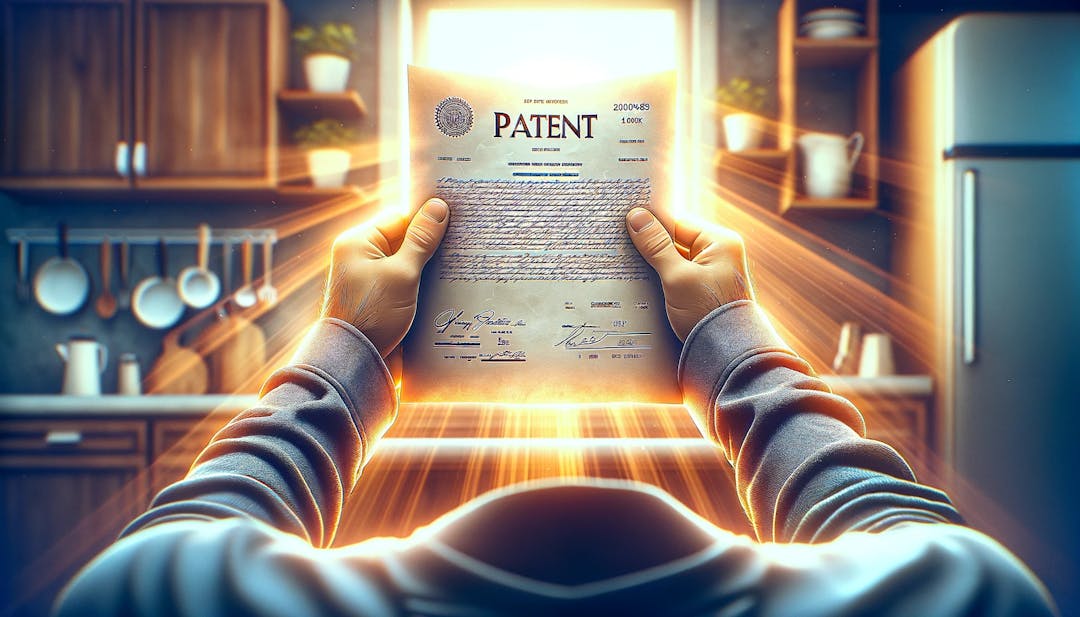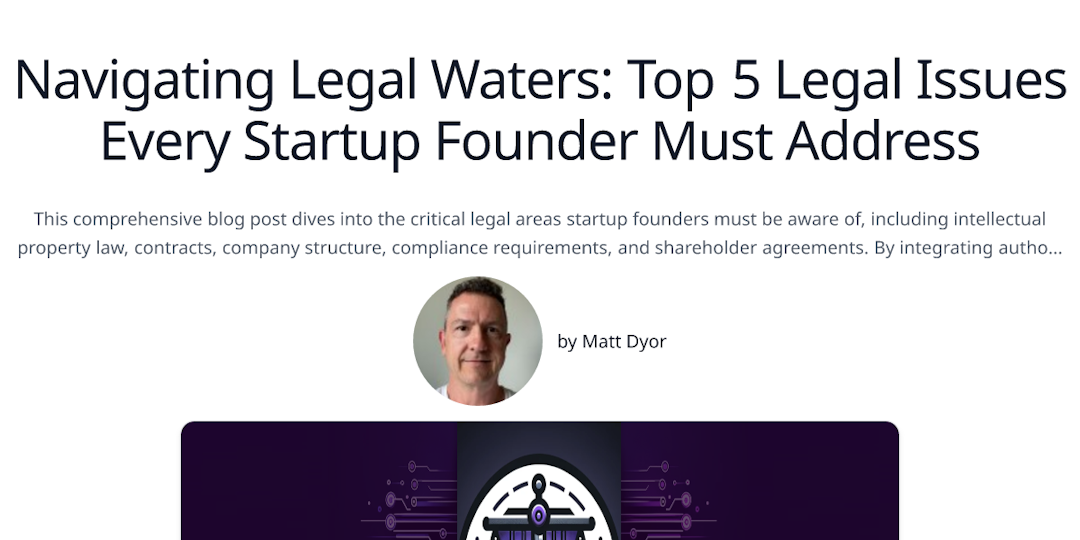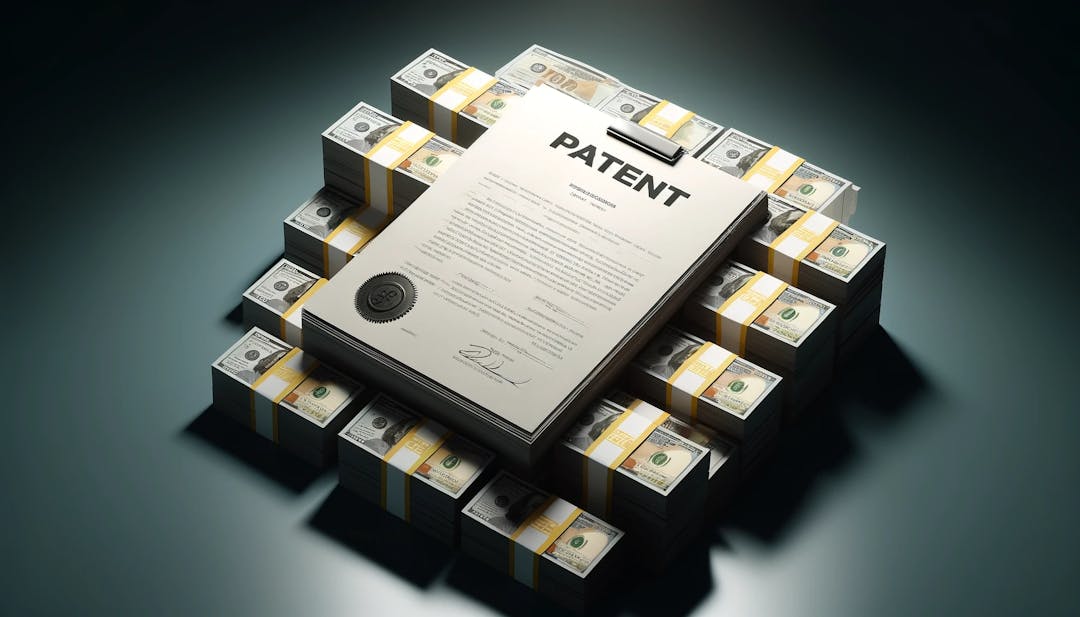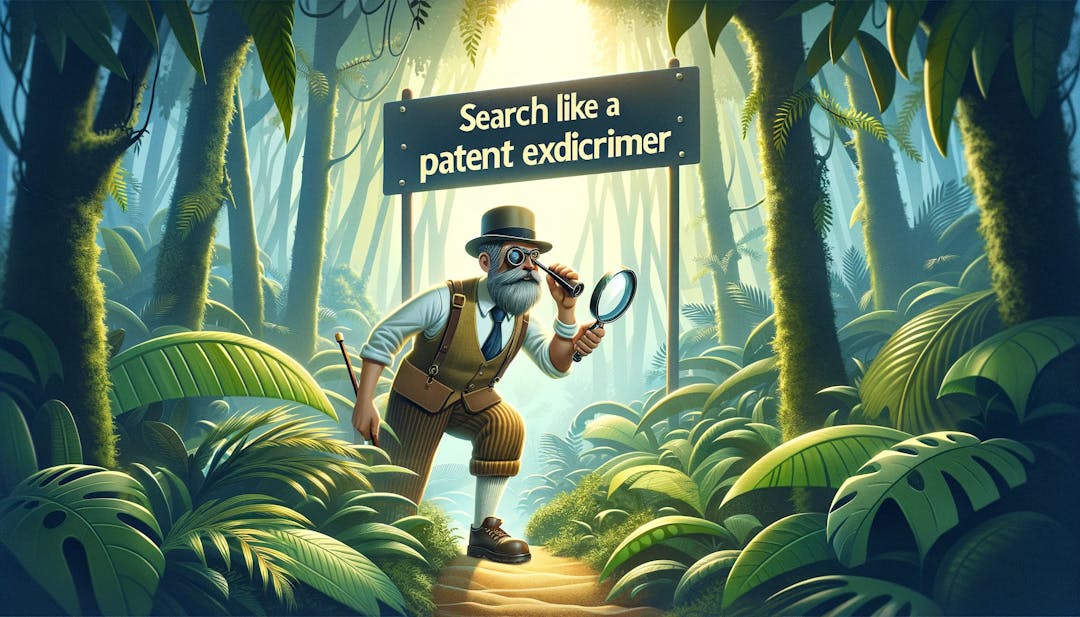I got interested in patents because I had an idea that I wanted to commercialize. I had no idea how to commercialize my idea, so I started by talking to a patent attorney. The patent attorney told me that my idea (or properly "invention") was suitable for patent protection, but there was little discussion of whether I should patent the idea. Would I actually have a good chance at making a return on my investment? In short, me filing a patent application was good for the patent attorney's business...but unclear how I would ever realize a gain myself.
Fast forward almost 30 years: I have become a registered patent attorney; I have over 100 issued patents; and I can confidently say that patents are a complete waste of time and money for almost every individual inventor who invests in them. I would estimate that less than 5% of inventors cover their costs, and less than 1% of inventors make any type of ROI that comes close to justifying the risk of time and money involved in securing a patent.
So how do inventors tip the scales in their favor? I do not claim to have the answer, but I am interested in exploring an approach. This post lays out my plans, and I will write a follow up once I have had a chance to test this out in the real world with one of my newer inventions.
Step 1: Build a List of Patent Buyers
Before spending too much time on your invention, figure out who is going to buy the patent. This is different than the typical product management "know your customer" directive - it is about knowing which company is going to acquire your patent.
Step 1.a. Who Sells Similar Products
First build a list of companies who sell similar products. There are 3 places to find similar retailers:
- Big Box Stores: go to your local Walmart, Costco, Big 5, Whole Foods, and identify the 10 manufacturers that sell something similar to your invention.
- Local Stores: find a specialty store and identify 5 manufacturers that sell something similar to your invention.
- Amazon/Google: search for 10 more manufacturers who are selling something similar to your invention.
- Business Consumers: the bullets above are for companies that will sell your invention to consumers, but there is potentially a whole class of businesses who could use your invention to support their operations. For example, you might sell your invention to TopGolf, which could use the invention to improve the TopGolf experience.
Step 1.b. Who Licenses Similar Products
From Step 1.b., you have a list of 10-20 different manufacturers. See if any of them are listed as assignees in the USPTO database. You can refer to "Search Like a Patent Examiner" at https://leanfounder.attorneymesh.com/search-like-a-patent-examiner ↗ for details on patent searching. Try using the .as. modifier in your queries, such as (callaway.as. or ping.as.) AND "range finder".ti. to search for either Callaway or Ping as the assignee, and "range finder" in the title of the patent.
 ## Step 2: Reach Out to 10 Potential Buyers
## Step 2: Reach Out to 10 Potential Buyers
Now it is time to hit the proverbial streets and assess the appetite for your future invention. Start by looking for connections you have at the companies on your Buyer List on LinkedIn (or other networks). Even if your connection is not involved in patent licensing, they may be able to connect you with the right person.
Here is a sample email that you can send:
Subject: Interest in [Brief Description of Invention] Invention
Hello [Recipient's Name],
My name is [Your Name], and I am part of a team that is building intellectual property (IP) that we believe could benefit [Recipient's Company Name]. I am reaching out to explore the possibility of licensing this IP to your company.
At a high level, the IP that we are building relates to [briefly describe the invention and its primary benefits]. I think your customers would appreciate the value of this IP, as it improves upon or is related to the following existing products:
- [Product 1] manufactured by [Manufacturer]
- [Product 2] manufactured by [Manufacturer]
Although we have some compelling ideas for this space, our goal is to collaborate with a leading manufacturer in the [domain] space and focus my team's efforts on building something that will uniquely advantage that manufacturer. [Unique value proposition for you/your team: My team has a combined 50+ years of innovating for leading tech companies including Microsoft, Google, and Amazon, and we are confident that we can put that experience to work for your company to deliver transformational impact.]
Let me know if you would be interested in a call to discuss our current focus, and how we might be able to work together. And if this is too early for your company, we get it. We intend to advance our IP regardless. Let me know if we should check back in with you once a bit of our dust has settled.
Warm regards,
[Your Full Name]
[Your Contact Information]
[Your LinkedIn Profile or Website, if applicable]
Step 3: Lick Your Wounds
If you end up striking the mother load, and multiple manufacturers want to work with you, buy me a coffee! Odds are, you are going to find it tricky to compile a list of potential buyers (step 1) and you are going to get crickets from your outreach (step 2).
But odds are, you are going to need to take what you have learned through the first iteration of this exercise, and go back to step 1 with a new and improved area of innovation.
Valuing Your Patent
The journey to sell a patented invention begins with valuation, a multifaceted process that assesses the patent's market potential, its applicability across industries, and its ability to withstand legal scrutiny, such as patentability and infringement risks. Valuation methodologies can range from cost-based approaches to income-based models, each offering insights from different perspectives. Reference to authoritative guidance on patent valuation is essential, such as the World Intellectual Property Organization's insights (WIPO Intellectual Property Handbook at http://www.wipo.int/about-ip/en/iprm/ ↗).
Marketing Your Patent
Once valued, the next step is to find a buyer, which requires effective marketing. This step could involve listing the patent on online marketplaces, leveraging IP brokers who specialize in patent sales, or directly approaching companies that might benefit from the patented technology. Tools and platforms such as IAM Market at http://www.iam-market.com/ ↗ offer a venue for inventors to list patents for sale, reaching a broad audience of potential buyers.
The Legal Process of Selling a Patent
Selling a patent is essentially a transfer of rights from the current owner (assignor) to the purchaser (assignee). This transaction necessitates a patent assignment, a legal document that must be carefully drafted to comply with U.S. Patent and Trademark Office (USPTO) requirements. The assignment agreement should detail the scope of rights transferred, the territory, the sale price, and any warranties or indemnifications. For an authoritative source on drafting and filing patent assignments, the USPTO’s official website provides guidelines (USPTO Patent Assignment at https://www.uspto.gov/patents/basics/patent-assignment ↗).
Frequently Asked Questions (FAQs)
How do I know if selling my patent is the right decision?
Selling a patent can provide immediate capital infusion, which might be pivotal for startups looking to fund development or scale operations. However, consider long-term implications such as loss of control over the technology and potential future revenues. Consulting with a seasoned intellectual property attorney can help weigh the pros and cons based on your startup's specific circumstances.
What are common pitfalls in the patent sale process?
One common pitfall is failing to conduct thorough due diligence, both in terms of the patent's legal standing and the potential buyer's background. Additionally, undervaluing the patent due to inadequate market research or entering into agreements without clear terms regarding the scope of rights transferred can also adversely affect the sale's success.
Can I sell a patent that's pending approval?
Selling a pending patent application is possible and involves similar considerations and processes as selling an issued patent. However, the uncertainty surrounding the outcome of the pending application can impact valuation and the negotiation process. Full disclosure and transparency about the application's status are critical.
In navigating the complexities of patent sales, startups should not only focus on the legal and transactional dimensions but also consider the strategic implications for their business. Engaging professional assistance from experienced intellectual property attorneys and consultants can provide invaluable insights and guidance, safeguarding the startup’s interests and maximizing the value of their patented inventions.
If you're contemplating the sale of your patented invention and seek further insights or have specific queries, we encourage you to engage in a follow-up conversation. Utilize the "Ask a Question" button at the top of this page or continue this conversation through the "Contact" button at the top of the blog post. Our expertise in Intellectual Property Law specifically tailored for startups can help illuminate the path forward, ensuring that your innovation not only secures patent protection but also achieves its maximum potential in the marketplace.
Main Keyword: Sell a Patented Invention
Meta Description: Learn how to sell a patented invention with this essential guide covering legalities, best practices, and strategic advice for startups seeking to navigate the complex process of patent sales.
Tags: Patent Sales, Intellectual Property Law for Startups, Selling Patents, Patent Valuation, Patent Marketing, Legal Process for Selling Patents





















